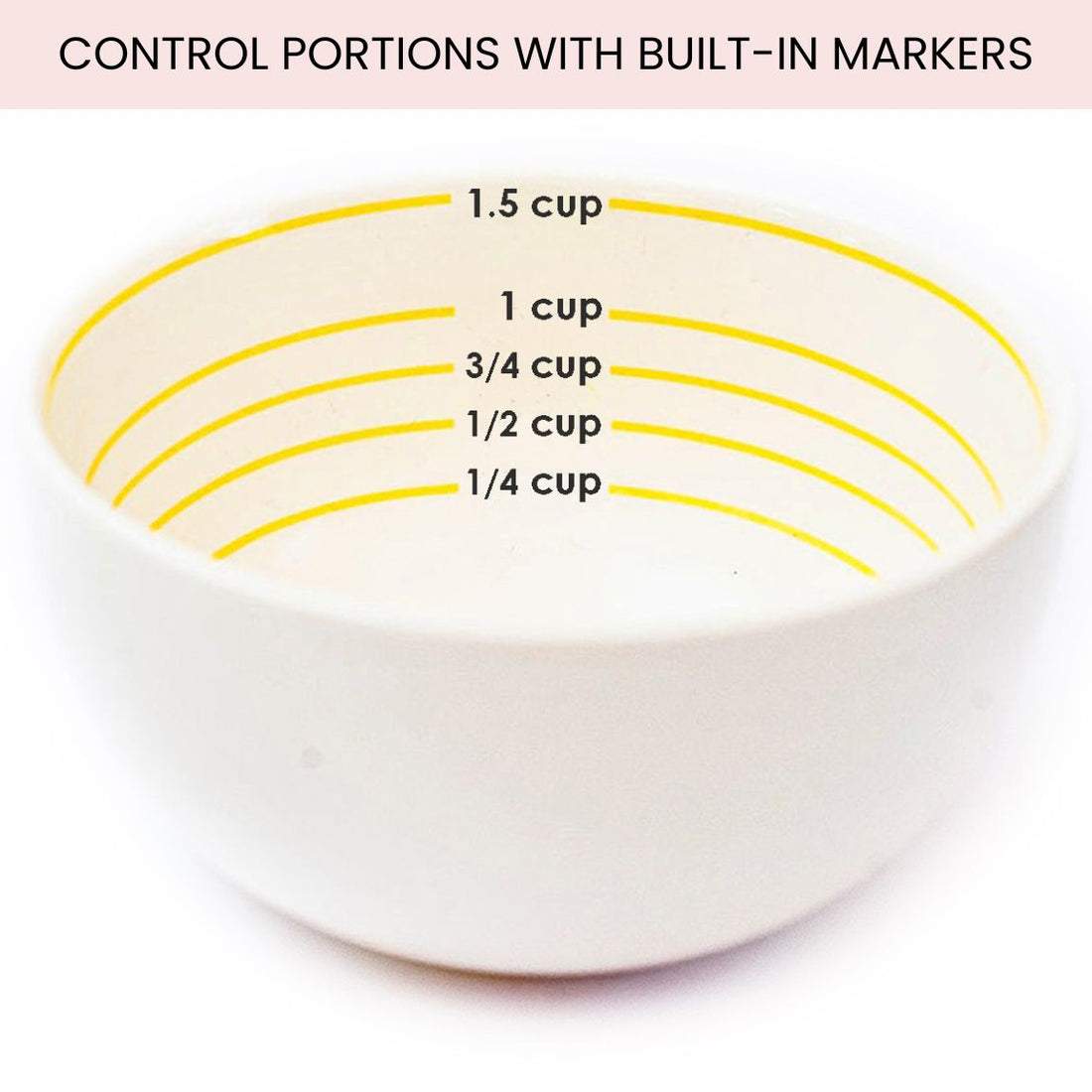Bariatric surgery can be life-changing, offering a pathway to significant weight loss and improved health. However, as with any major surgery, there are potential side effects. Knowing what to expect post-op can help you prepare for recovery and manage any complications that may arise. Bariatric surgery side effects can range from mild discomfort to more severe health challenges. Thankfully, many of these issues can be managed or avoided with the right care and healthy eating habits.
In this blog, we’ll explore the common side effects of bariatric surgery and provide guidance on how to navigate recovery with the help of Uba Healthy Eating Guides. Understanding what lies ahead is key to ensuring a smoother transition into your post-surgery life.
Common Bariatric Surgery Side Effects
Every bariatric patient’s recovery experience is unique, but there are a few common side effects that many people encounter after surgery. These side effects are usually temporary, but some may require ongoing management. Here are the most typical side effects you should be aware of:
- Nausea and Vomiting: These are common side effects, especially in the early stages of recovery. They typically occur if you eat too quickly, consume too much, or introduce solid foods too soon.
- Dumping Syndrome: This happens when food moves too quickly from the stomach to the small intestine, causing symptoms like diarrhea, nausea, and abdominal cramps. It’s often triggered by high-sugar or high-fat foods.
- Dehydration: After surgery, your stomach can only hold a small amount of fluid. Staying hydrated can be challenging, leading to dehydration if fluids aren’t consumed regularly.
- Constipation: Changes in diet and reduced food intake can lead to slower digestion, which may cause constipation. This is often a result of not drinking enough water or not getting enough fiber.
- Hair Loss: Temporary hair loss is a common side effect after bariatric surgery. This usually occurs a few months after surgery and can be managed with proper nutrition and supplements.
These side effects can be managed with the help of your healthcare team and by following post-surgery dietary guidelines closely.
Long-Term Side Effects of Bariatric Surgery
In addition to the short-term side effects, there are also potential long-term issues that bariatric patients may face. While these side effects are less common, it’s important to be aware of them so you can seek help if needed:
- Nutrient Deficiencies: Bariatric surgery alters the way your body absorbs nutrients, leading to deficiencies in vitamins and minerals like iron, calcium, vitamin B12, and vitamin D. These deficiencies can cause fatigue, bone loss, anemia, and others if not properly managed with supplements and a balanced diet.
- Gallstones: Rapid weight loss can increase the risk of developing gallstones, which can cause pain and digestive issues. In some cases, additional surgery to remove the gallbladder may be necessary.
- Hernias: Some patients may develop hernias after surgery, which occurs when an internal organ pushes through an opening in the muscle or tissue. Hernias may require further medical treatment or surgery to repair.
- Changes in Bowel Habits: Diarrhea or loose stools can occur in the long term, especially after consuming high-sugar or fatty foods. This is often related to dumping syndrome or malabsorption issues post-surgery.
- Psychological Changes: While bariatric surgery helps address physical health issues, some patients experience emotional or psychological challenges during recovery. Body image changes, adjustment to new eating habits, or feelings of anxiety may arise.
Managing long-term side effects requires regular check-ups with your healthcare provider, adherence to a nutrient-rich diet, vitamin supplements, incorporating protein supplements when necessary. Uba Healthy Eating Guides can provide excellent support in maintaining a balanced diet post-op.
Managing Side Effects with a Post-Op Diet
The food you eat after surgery plays a significant role in managing side effects and supporting recovery. The post-op diet progresses through different stages, starting with liquids and gradually reintroducing solid foods. Following your healthcare provider's dietary recommendations closely can help mitigate some of the most common side effects.
Key Dietary Tips for Post-Op Recovery
- Start with Clear Liquids: In the first few days post-op, clear liquids like broth, water, and sugar-free drinks are essential to help your body heal and aid in hydration.
- Introduce Protein Shakes: Protein is crucial for recovery, so your post-op diet will include protein shakes to help meet your nutritional needs. Choose low-sugar, high-protein options approved by your healthcare provider.
- Slowly Add Pureed Foods: After the initial liquid phase, you’ll move to pureed foods like mashed vegetables and pureed lean proteins. This phase helps your stomach adjust to while minimizing the risk of nausea, vomiting, or other complications..
- Chew Your Food Thoroughly: When you reach the stages of reintroducing soft or solid foods, make sure to chew everything thoroughly to avoid discomfort and reduce the risk of dumping syndrome.
- Avoid Sugary and Fatty Foods: Sugary and high-fat foods can trigger dumping syndrome and should be avoided. Stick to nutrient-dense foods like lean proteins, vegetables, and whole grains.
- Stay Hydrated: Dehydration is a common side effect after bariatric surgery. Sip approved fluids throughout the day, but avoid drinking during meals and for 30 minutes after meals to prevent dumping syndrome. This recommendation also helps you avoid overeating and helps you stay fuller longer. Uba Healthy Eating Guides offer bariatric-friendly meal plans and tips to ensure that you’re following the right dietary guidelines at every stage of your recovery.
Using Uba Healthy Eating Guides to Support Recovery
Staying on top of your nutrition after bariatric surgery is critical for avoiding complications and maintaining long-term health. The Uba Healthy Eating Guides are designed to help bariatric patients like you make informed food choices, ensuring you meet your nutritional needs while avoiding common pitfalls.
What Uba Healthy Eating Guides Provide:
- Customized Meal Plans: The guides offer meal plans specifically tailored to post-op bariatric patients. They take into account the reduced capacity of your stomach and focus on high-protein, low-sugar meals.
- Portion Control Tips: Knowing how much to eat is vital after surgery. Uba guides teach you how to measure portions, helping prevent overeating and minimizing the risk of dumping syndrome.
- Variety of Recipes: The guides include bariatric-friendly recipes that are easy to prepare and full of essential nutrients. These recipes help you stay motivated by offering a range of delicious options that meet your post-op dietary needs.
- Snack Ideas: Uba Healthy Eating Guides also offer healthy snack ideas that won’t interfere with your recovery but will keep you satisfied between meals.
Using these guides ensures that your diet stays on track, reducing the likelihood of side effects while promoting a smooth recovery.
Conclusion: Managing Side Effects for a Healthy Recovery
Bariatric surgery side effects are a normal part of the recovery process, but with the right knowledge and tools, they can be managed effectively. Being prepared for both short-term and long-term side effects can help you navigate recovery more smoothly and achieve the results you want from the surgery.
Following a post-op diet that prioritizes hydration, protein, and proper portion sizes is key to minimizing complications. Tools like the Uba Healthy Eating Guides provide essential support, helping you make informed decisions about your diet and manage your side effects in the best way possible.
Remember, bariatric surgery is just the start of your journey. With proper care, attention to nutrition, and the right resources, you can ensure a successful recovery and a healthier future.









